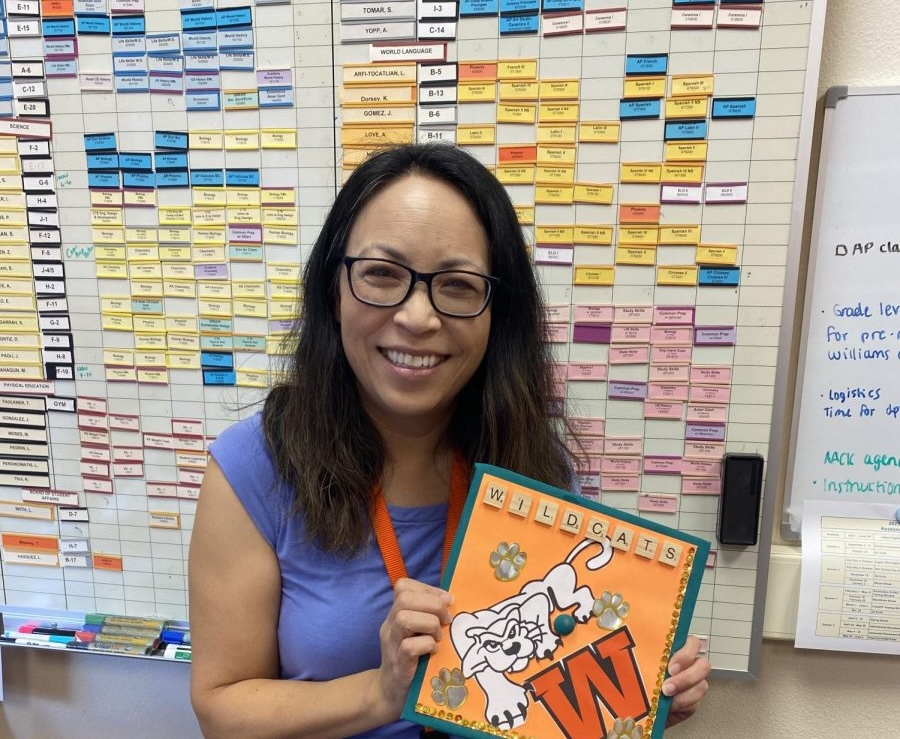The number of AP classes students take can be a lot of work, and the type of student someone is should determine how many APs they take.
Advanced Placement (AP) classes can have a lot of benefits including earning college credit in high school, getting a taste of what college-level work is like, and boosting a student’s grade point average and transcript. They are faster-paced than normal classes, and there is more work.
“I took [AP classes] because I wanted potential college credit for schools, and I liked how it has the GPA boost,” senior Jessica Goss stated. “In all honesty, it definitely helped out.”
Although AP classes have educational benefits, they definitely aren’t for everyone. The rigor of these classes requires additional energy as there is more homework and a small financial investment for exam fees. When students take six or seven APs, it can have a negative effect on the student.
“I do not support students taking more than two to three AP classes in a year,” Spanish teacher Amy Hanson said. “ This affects mental health, sleep, and ability to have downtime with family and friends. Students should choose one to two AP classes that truly reflect their interests and focus on doing well in those classes.”
Many students choose to take a lot of AP classes in hopes of getting into a good college.
“Colleges look at a variety of factors for admissions,” guidance counselor Janette Lok stated. “One of them is the rigor of coursework. In that regard, it could be helpful to take some AP classes to show colleges that you are interested in challenging yourself, but not necessarily to fill the entire schedule with AP classes for the sake of college admissions.”
Due to the stress and rigor of AP classes, many argue that colleges shouldn’t require students to take APs at all.
“Colleges should not require students to have taken AP classes because not everyone wants to take AP classes,” senior Henry Le Chang said.
It’s also very possible to get into good colleges without taking a lot of AP classes. According to PrepScholar, if a student takes two AP’s but does great in them, colleges care more about that than not doing great in four AP classes.
“I feel like it’s definitely possible to get into college without taking an insane amount of APs,” Goss stated.
According to the WHS guidance counselors, other factors matter just as much to colleges.
“They care about other factors, such as extracurricular activities, work experience, volunteer work, passion, home circumstances, and more,” Lok said.
On the other hand, AP classes definitely aren’t for everyone. The rigor of these classes requires additional energy as there is more homework and a small financial investment for exam fees. Also, some colleges don’t even take AP credit.
Although AP classes seem intimidating, taking them might be beneficial depending on personal interests and goals.
“The classes a student chooses to take should reflect their interests and passions,” Hanson said. “If a student is passionate about art, AP Art might make sense and AP Calculus might not. If a student is pursuing a career in engineering, AP Calculus might make sense and AP Spanish might not.”
Taking advanced courses in high school can be a really good decision if you are interested in a specific subject or want a better chance of getting into a difficult college. On the other hand, if certain students aren’t equipped for the heavy workload and rigor of AP classes, not taking AP classes doesn’t lower their chances of getting into a college.
“Students should take AP classes if they feel like it but it’s important to make sure that you are ready to take an AP class,” Le Chang stated.












